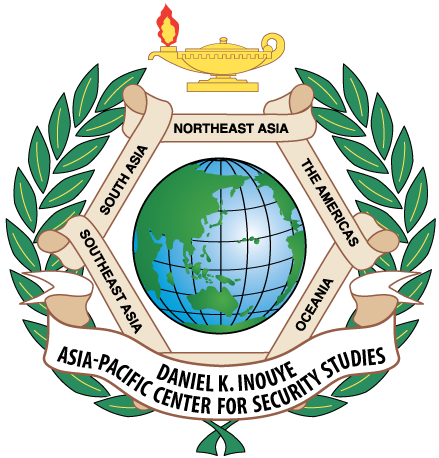

His Excellency Russ Joseph Kun
The President of Republic of Nauru
| Ambassador Margo Deiye, AMB of the Republic of Nauru to the U.S. Ambassador Marie Damour, U.S. Ambassador to Fiji, Kiribati, Nauru, Tonga, and Tuvalu Honorable Pyon Deiye, Minister for Nauru Media Honorable Rennier Gadabu, Minister for Environmental Management and Agriculture |
Honorable Jesse Jeremiah, Deputy Minister for National Emergency Services Mr. Sasikumar Paravanoor, CEO of Nauru Postal Services Corp and Secretary to Cabinet of Nauru Mr. Dominic Tabuna, Secretary for Foreign Affairs & Trade CDR Victor Lange, SDO/DATT, U.S. Embassy Suva, Fiji |




that encourages open and honest
communication and processes.
that are different from our own.


Association
Countries Attending
Graduates
Alumni
Virtual Engagements
Virtual Participants
Years in Service
141
15,344*
14,713
111
6,839
28
positions
Vice President/Deputy PM
Minister/Deputy Minister
Ambassador/High Commissioner
Chief or Deputy Chief of Defense
Chief or Deputy Chief of Service
Cabinet or Parliament appointment
General/Flag Officer
11
118
262
55
113
204
1535










by Dr. Jimmie R. Lackey, who was then an Army colonel, and is a former DKI APCSS executive director. The Center was renamed on February 2015 to Honor the late Senator, Daniel K. Inouye.





Our Team
-
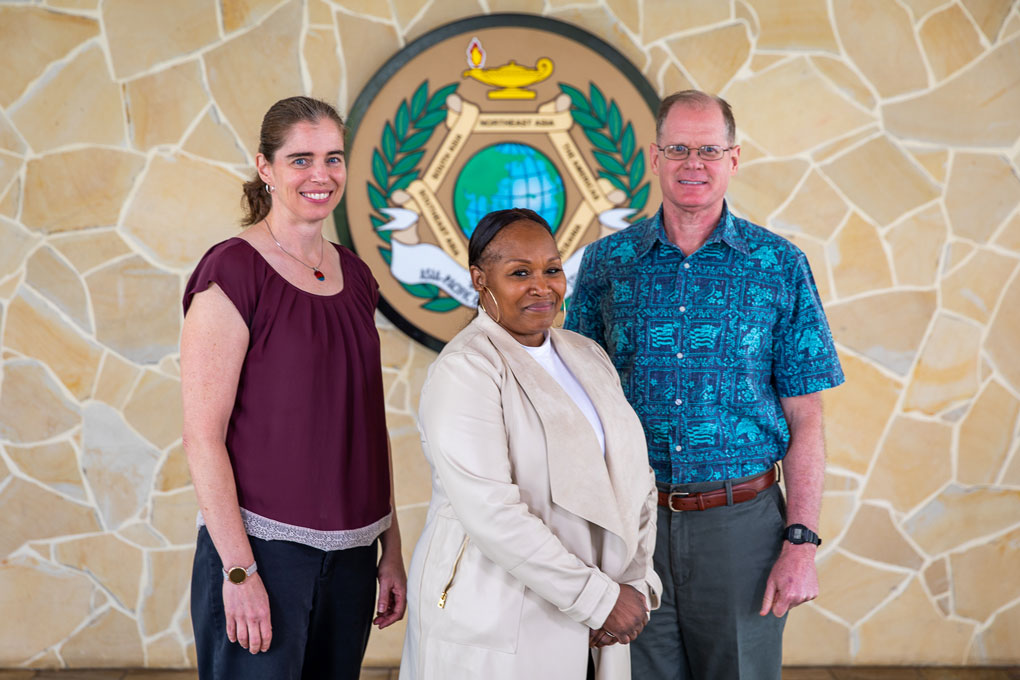
-

-

-

-

-

-

-
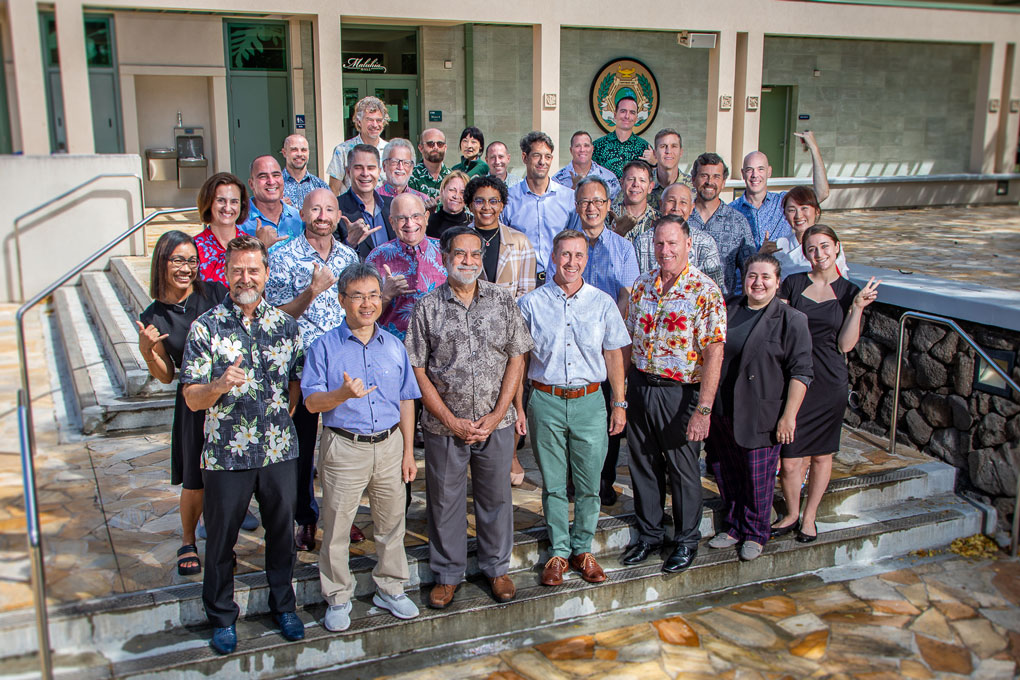
-
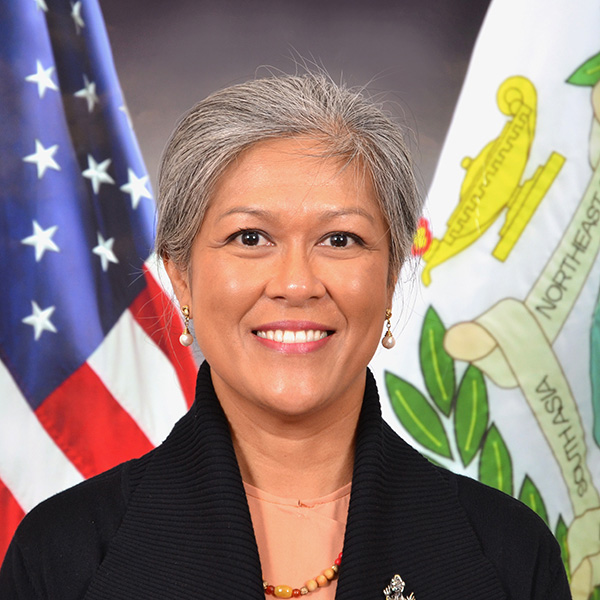
-
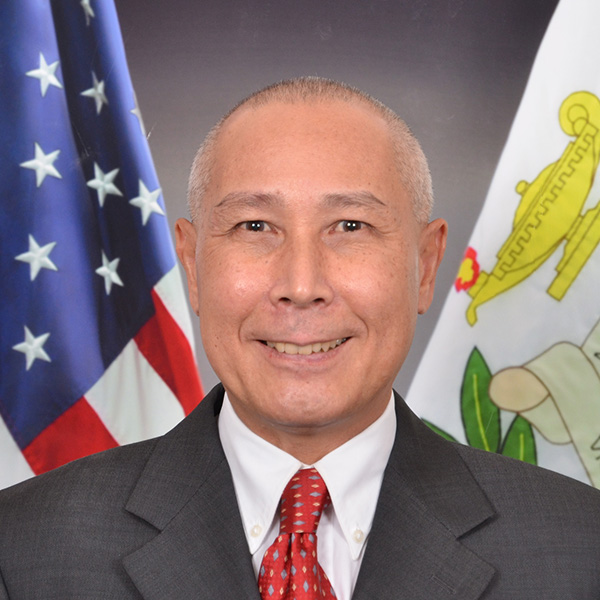
-
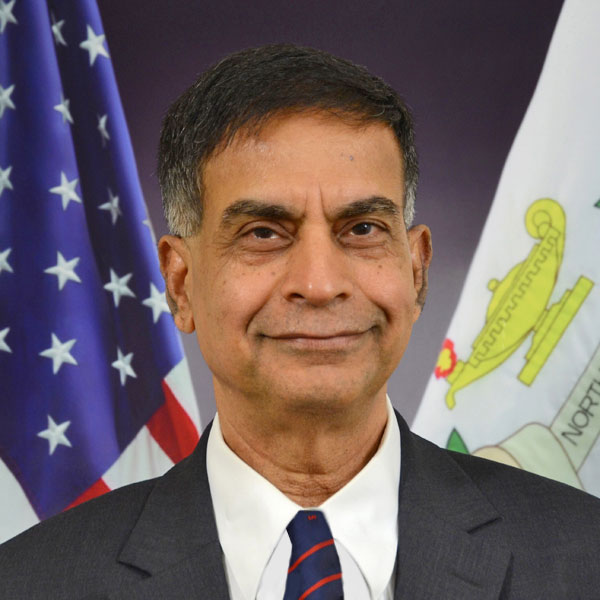
-
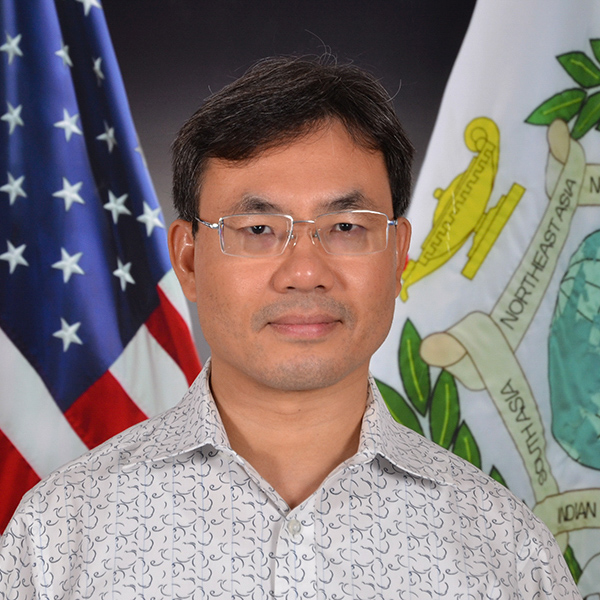
-
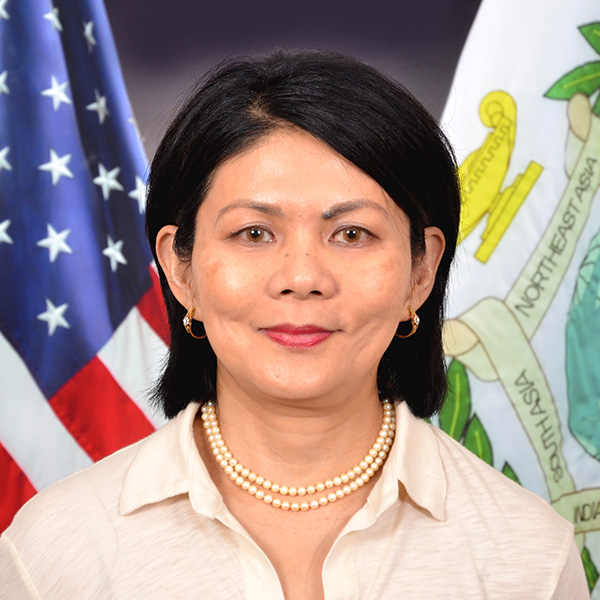
-
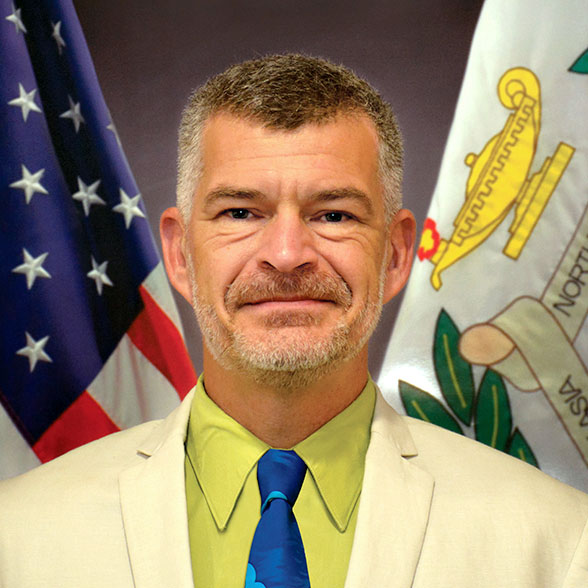
-

-

-
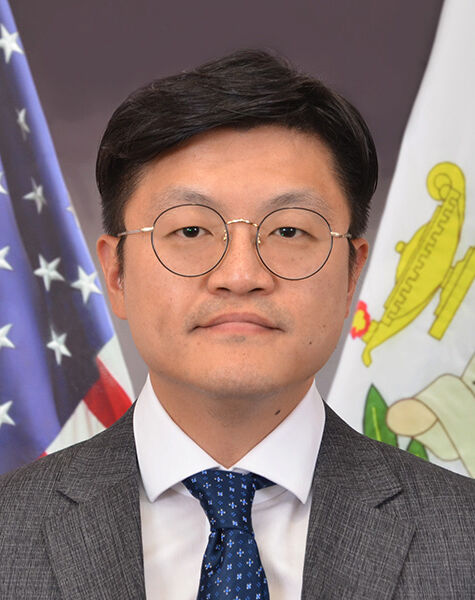
-
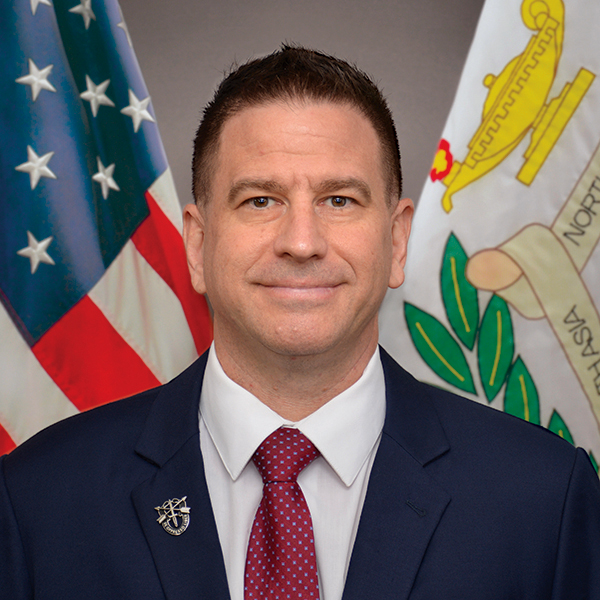
-

-

-

-
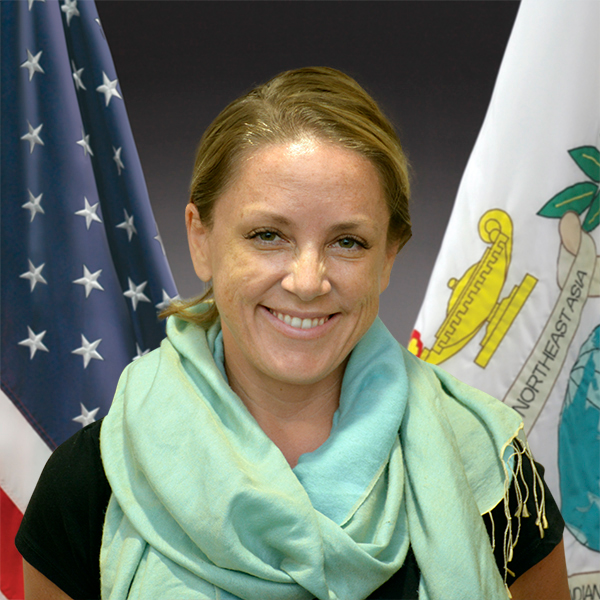
-
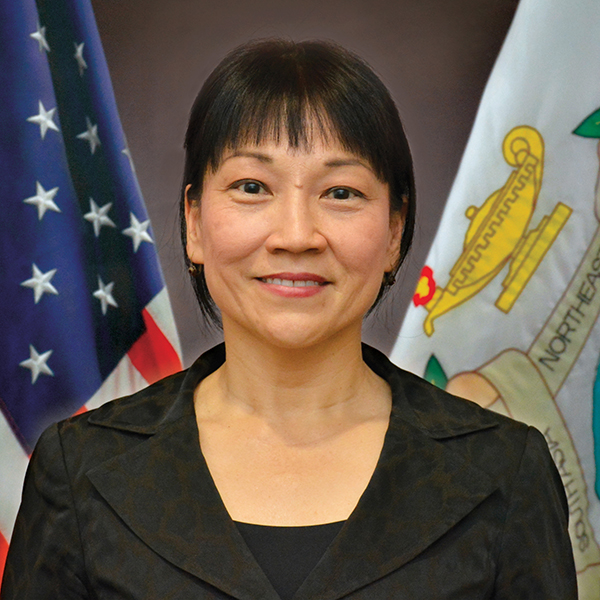
-
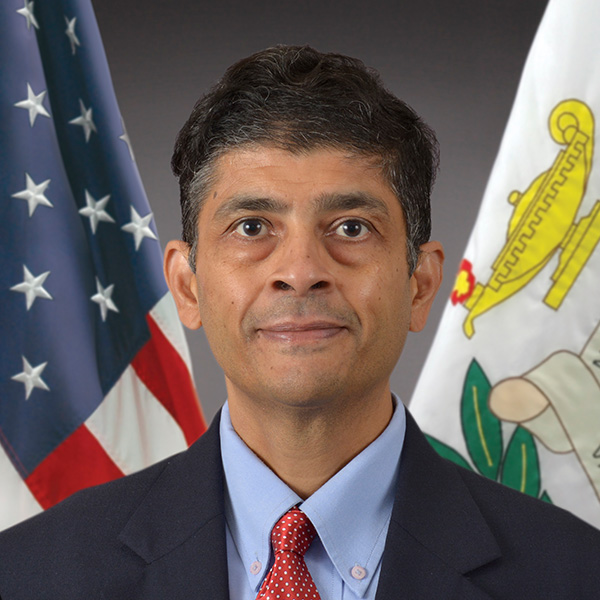
-
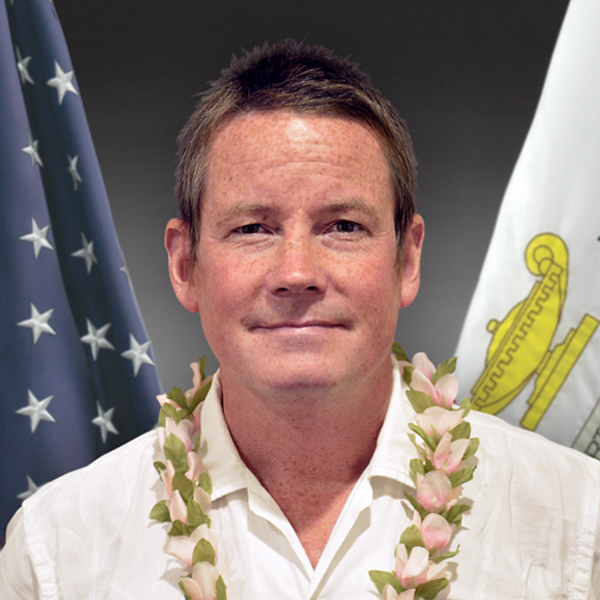
-

-
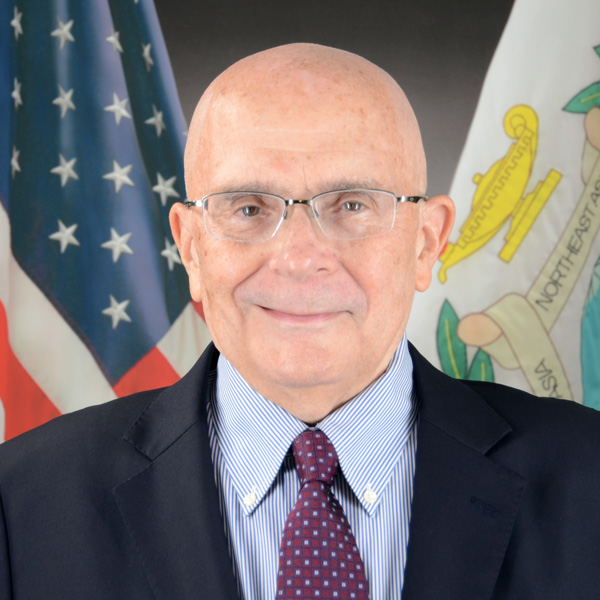
-

-
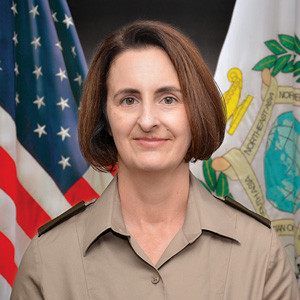
-

-
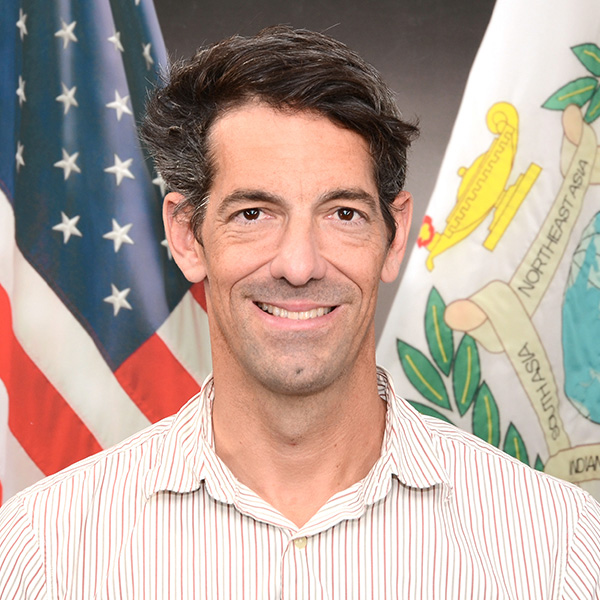
-
 Takashi OkamotoTakashi OkamotoMajor, U.S. Marine Corps
Takashi OkamotoTakashi OkamotoMajor, U.S. Marine Corps
Operations Officer, College of Security Studies -

-

-

-
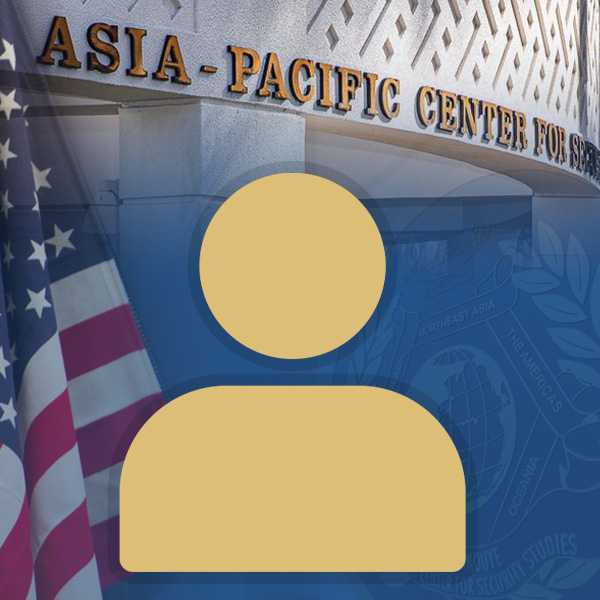
-

-

-
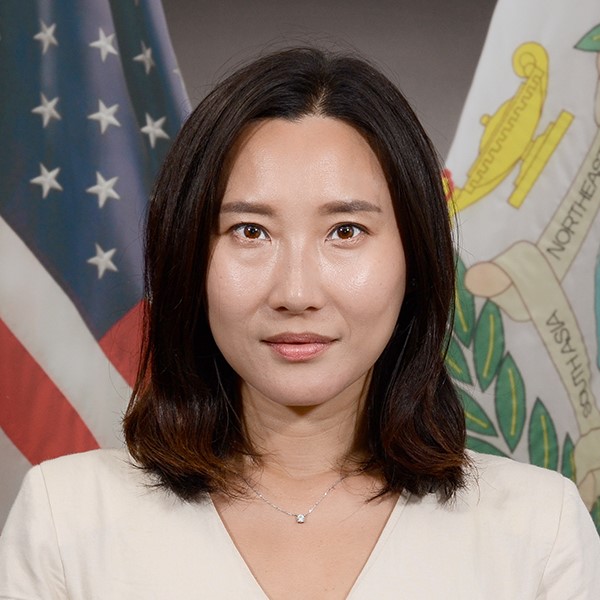
-

-

-
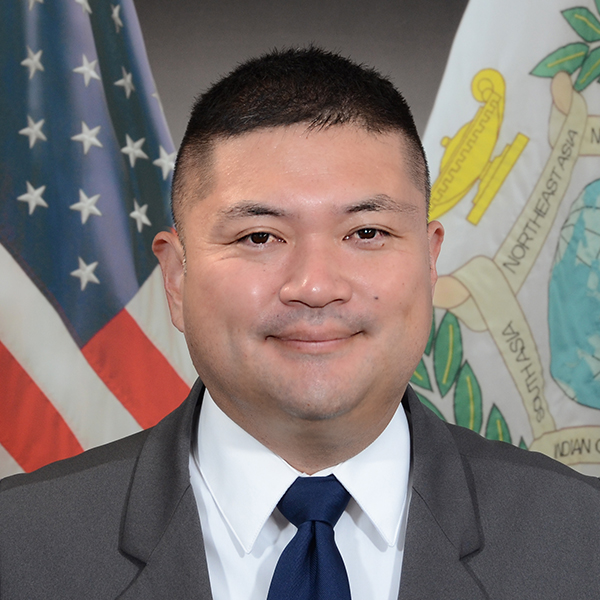
-

-

-
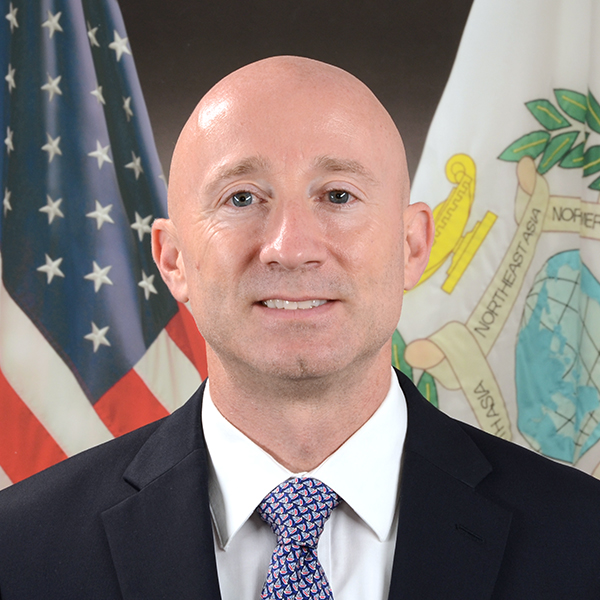
-

-
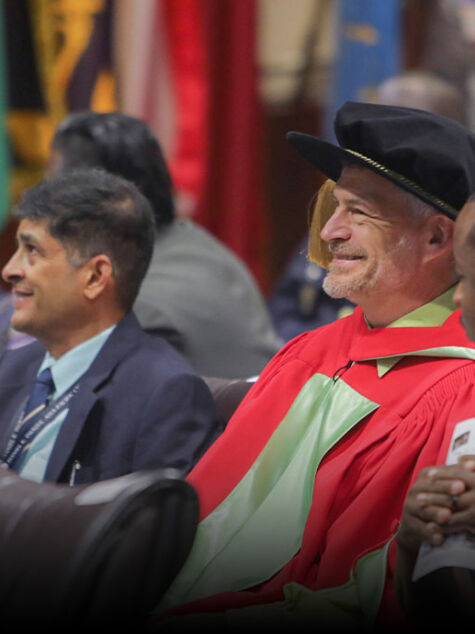 Faculty
Faculty -
 Staff
Staff -

-
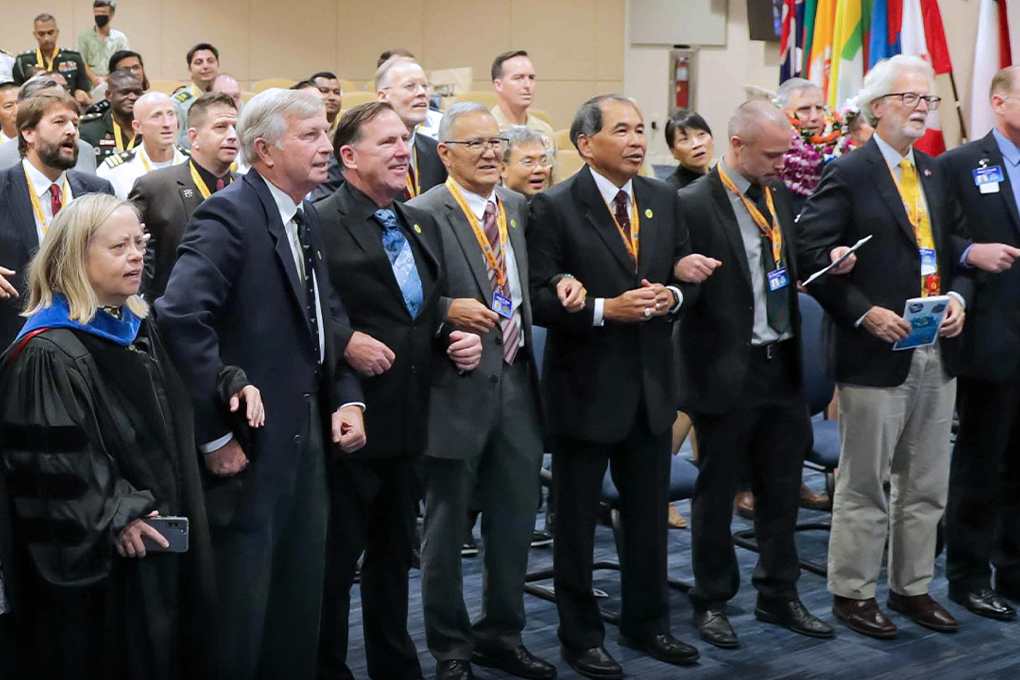 Leadership
Leadership -
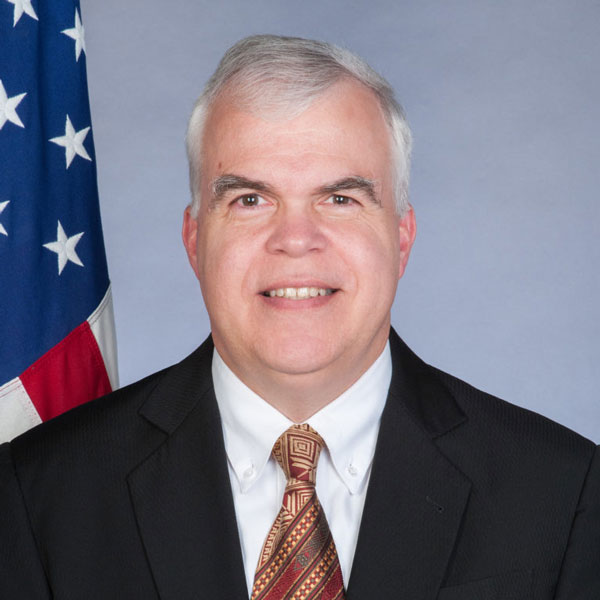
-

-

-

-

-

News
Currents Magazine: Fostering Discussions on Regional Stability and Security
HONOLULU – The latest edition of Currents magazine, the official publication of the Daniel K. Inouye Asia-Pacific Center for Security Studies (DKI APCSS), is now available. This winter’s edition, themed “Fostering Discussions on Regional Stability and Security,” features Philippine President Ferdinand R. Marcos, Jr. on the cover. President Marcos was the keynote speaker at the Daniel K. Inouye (DKI) [...]
Command Senior Enlisted Leader CMSgt Jacob Simmons Addresses Key Role of Space in Indo-Pacific Security
Honolulu, Hawaii — In a pivotal session on the final day of the Indo-Pacific Senior Enlisted Leaders Subject Matter Expert Exchange (IPSEL SMEE), Command Senior Enlisted Leader of the U.S. Space Command, Chief Master Sergeant Jacob Simmons, captivated senior enlisted leaders with a discussion on the expanding role of space in regional security dynamics.
Nexus Webinar | Episode 13: Competing in the Gray Zone
The world is changing. Are your strategies? Nations are vying for dominance in the Gray Zone – a shadowy realm of covert operations, cyber-attacks, and relentless disinformation campaigns waged below the level of open warfare. Join us for the Security Nexus Webinar | Episode 13: “Competing in the [...]
Philippines and Vietnam Track 2 experts discuss shared challenges
Increasingly sophisticated competition in the Indo-Pacific requires countries to harness whole-of-society efforts to protect their interests and enhance resilience. The Philippines and Vietnam are two countries heavily exposed to coercive activities, particularly in the maritime, economic, and cognitive domains.
Nexus Webinar | Episode 14: The Great Game of Digital Dominance
Technology is reshaping the global order. Nations no longer compete solely through military might but through technological dominance. From semiconductors to artificial intelligence, control of critical and emerging technologies (CET) translates into economic power, national security, and global influence. Join our webinar, “The Great Game of Digital Dominance,” featuring [...]
 The stories posted here are only excerpts. Please go to our website to read the full articles.
The stories posted here are only excerpts. Please go to our website to read the full articles.
apcss.org/latest-news










Fellow
B. Seth Bailey









(Mission Partner)
(Executive Agent)
Peter Gumataotao
CAPT (Ret) Richard F. Sears
Advisor
Dr. Lori Forman
Security Studies
CAPT (Ret) Carleton Cramer
& Business Ops
CAPT (Ret) Wade Turvold








- Office of the Secretary
of Defense (Policy) - Joint Staff
- Service HQs
- Defense Security
Cooperation Agency - Regional Centers
- US Indo-Pacific Command
- Component Commands
- Other Subordinate Commands
- National Security Council
- Dept. of Homeland Security
- US Coast Guard
- Dept. of State
-Embassies
-U.S. Agency for
International Development
- Universities
- National Defense/
Diplomatic Academies - Research Centers
- Think Tanks
& National
Institutions
- Northeast Asia
- Southeast Asia
- South Asia
- Oceania
- The Americas
- And Beyond…
Institutions
& International
Organizations
- Association of Southeast Asian Nations (ASEAN)
- South Asian Association for Regional Cooperation (SAARC)
- Pacific Islands Forum (PIF)
- Bay of Bengal Initiative for Multi-Sectoral Technical and Economic
- Cooperation (BIMSTEC)
- United Nations, International Organizations, Non-Governmental Organizations


Shared Understanding
Network Relationship















































































































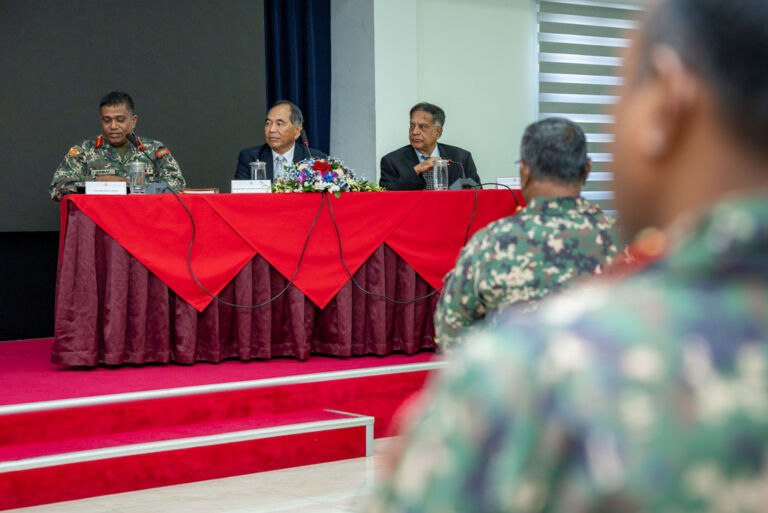 Maldives
Maldives Mongolia
Mongolia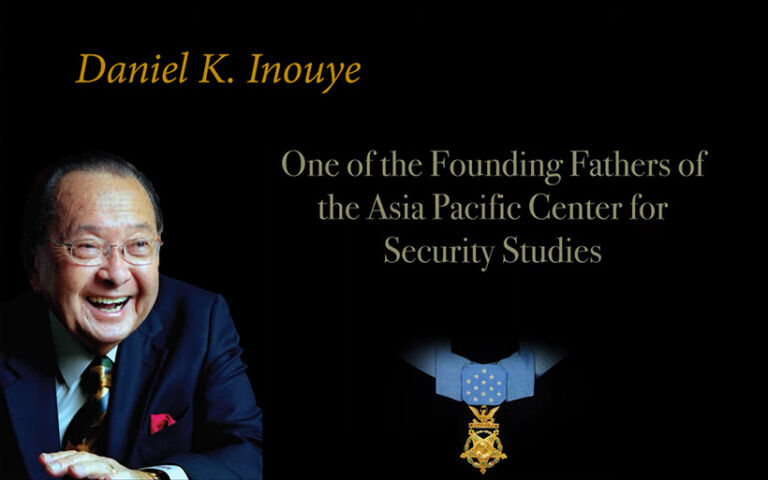 About DKI APCSS
About DKI APCSS Center Video
Center Video Claret Chonggum
Claret Chonggum







